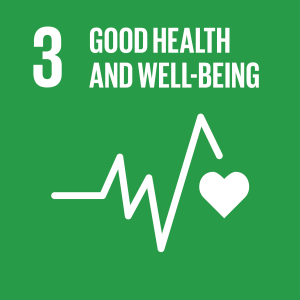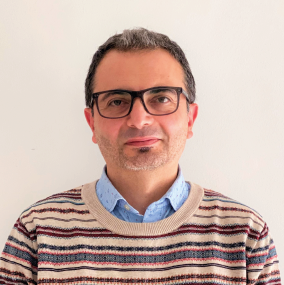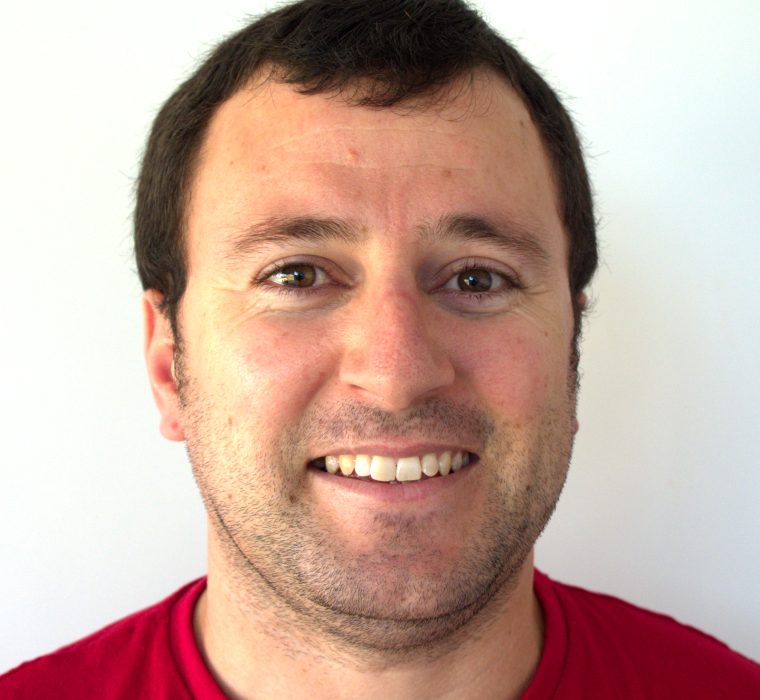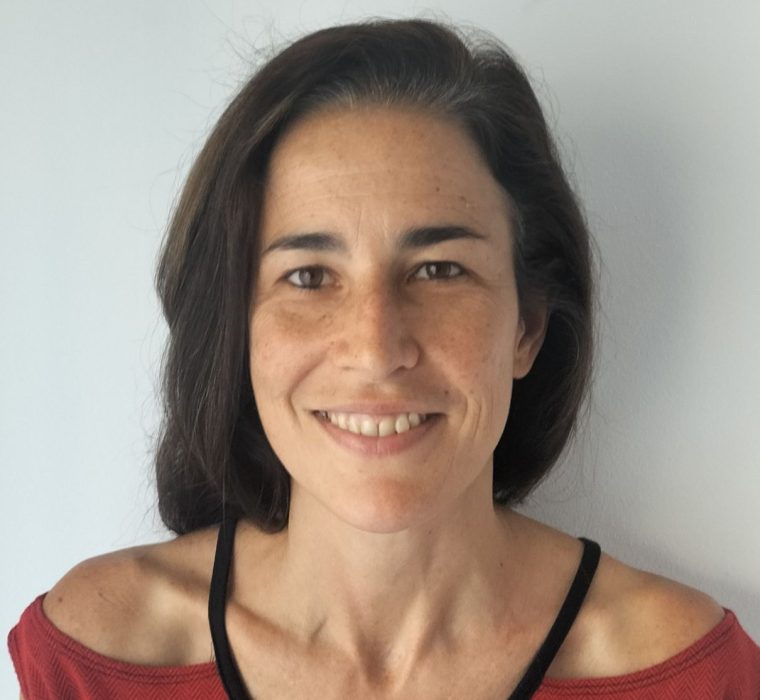Empowering healthy lifestyle behaviour
 WHAT IS HEALTHYW8?
WHAT IS HEALTHYW8?
The HEALTHYW8 project was created with the intention of carrying out a multicenter study in Europe that has as main objective the prevention of the transgression of overweight to obesity through the design of pilot and intervention trials. These are based on measurements to participants throughout the process (pre, during and post): questionnaires, anthropometric measurements, blood pressure, blood tests, etc.
HEALTHYW8 is specially designed to treat the population at transition ages: infants (between 5 and 12 years, with a strong parental involvement), young adults (18 to 25 years) and the elderly (over 65 years).
OBJECTIVES
During this process, the objectives that HEALTHYW8 seeks to achieve are:

DURATION
May 1, 2023 – April 30, 2028
PROJECT WEBSITE
WHY?
More than 30% of EU citizens are in vulnerable and transitional stages of life, at greater risk of significantly gaining weight and leading to obesity. This is a problem that according to the ‘Regional Obesity Report 2022‘ of the World Health Organization (WHO) affects more than half of the adult population in Europe and 1 in 3 children.
METHODOLOGY
Once the results of the measurements have been obtained, a mobile APP will recommend to the participants a certain healthy lifestyle that contributes to the differentiation of other previous studies that have proved unsuccessful. Thus, the APP will consider psychological or behavioral attributes of users, but also aspects of nudges or gamification to improve adherence and propose additional patterns to food such as sleep patterns.
The group of individuals analyzed are especially vulnerable since, for example, in the case of infants there are no fixed dietary habits and there are many factors that can affect or influence their development. Even so, the most vulnerable group to study are young adults, since it usually integrates people who gain weight faster.
In the case of the elderly population, the main risks to be analyzed are related to the change to a more sedentary lifestyle, which goes hand in hand with high health costs.
To carry out the project, the participating partners will conduct a series of tests and analyzes on people from the three groups who have a low economic status, that is, their income and education are of a lower level. In addition, the immigrant population will also be analyzed, since it presents a high risk between 10 and 15 years after immigration.
With this initiative, the European Commission aims to overcome the shortcomings of e-health interventions through personalized adaptations of the context such as the socio-economic and biological aspects of each person.
The developed application will allow you to add reminders of healthy shopping baskets in order to avoid the spontaneous purchase decisions that occur in the (super)markets.
The HEALTHYW8 project has received funding from the European Union’s research and innovation programme Horizon Europe grant agreement number 101080645.

PARTICIPATING PARTNERS
| COUNTRY | ORGANIZATION | TYPE OF ENTITY |
| Luxembourg | Luxembourg Institute of Health – LIH | Non-profit organization |
| Luxembourg | Luxembourg Institute of Science and Technology – LIST | Research Center |
| Luxembourg | NIUM | University |
| Germany | Deutshes Forschungszentrum Fur Kunstliche Intelligenz GMBH – DFKI | Research Center |
| Germany | Leibniz-Institut Fur Praventionsforschung Und Epidemiologie – Bips GMBH – BIPS | University |
| Bulgaria | VIRTECH OOD | Company |
| Bulgaria | Regional Cluster North-East – RCNE | Non-profit organization |
| Spain | Spora Sinergies SCCL – SPORA | Consultancy |
| Spain | Centre de Recerca en Economia I Desenvolupament Agroalimentari-UPC-IRTA – CREDA | University |
| Spain | Centro de Investigación y Tecnología Agroalimentaria de Aragón – CITA | Research Center |
| Spain | Fundacio Institut d’Investigació Sanitària Illes Balears – IDISBA | Non-profit organization |
| Spain | KNEIA SL | Consultancy |
| Italy | Universita Degli Studi Di Scienze Gastronomiche – USG | University |
| Italy | Consiglio Nazionale Delle Ricerche – CNR | Government Agency |
| Italy | IRCCS Azienda Ospedaliero – Universitaria Di Bologna – AOUBO | University |
| Italy | MEDEA SRL – MEDEA | Company |
| Portugal | Universidade de Evora – UEV | University |
| Portugal | Universidade de Coimbra – UC | University |
| Denmark | Danmarks Tekniske Universitet – DTU | University |
| Netherlands | Universiteit Twente – UT | University |
| Netherlands | Technische Universiteit Eindhoven – TU/e | University |
| Netherlands | Stiching European Nutrition for Health Alliance – ENHA | Non-profit organization |
| Netherlands | Europese Federatie Van Verenigingen Van Dietisten – EFAD | Non-profit organization |
| Romania | Asociatia Euro Atlantic Diplomacy Society – EADS | Non-governmental organization |
THE ROLE OF CREDA
TASK
In this project, CREDA’s role is mainly devoted to analyzing and studying the different variables in the population sector that corresponds to the category ‘children’ (aged between 5 and 12 years). A study of 66 children from Catalonia is carried out. To do this, CREDA has the support of the Department of Health of the Generalitat de Catalunya, to have access to data of infants who are in situations of overweight or diagnosed obesity. In addition, the center also analyzes anthropometric measurements and blood draws, although with a lower frequency.
Likewise, CREDA is also responsible for analyzing the economic impact that interventions at the medical level will have to reduce costs in public health thanks to the prevention of diseases related to overweight and obesity.
NEWS
HEALTHYW8, the new project in which CREDA participates
The European Commission has launched the HEALTHYW8 project, which is part of the Horizon Europe research program, with the aim of reducing and preventing cases of obesity in the three most vulnerable sectors of the population: infants, young adults and the elderly.







